
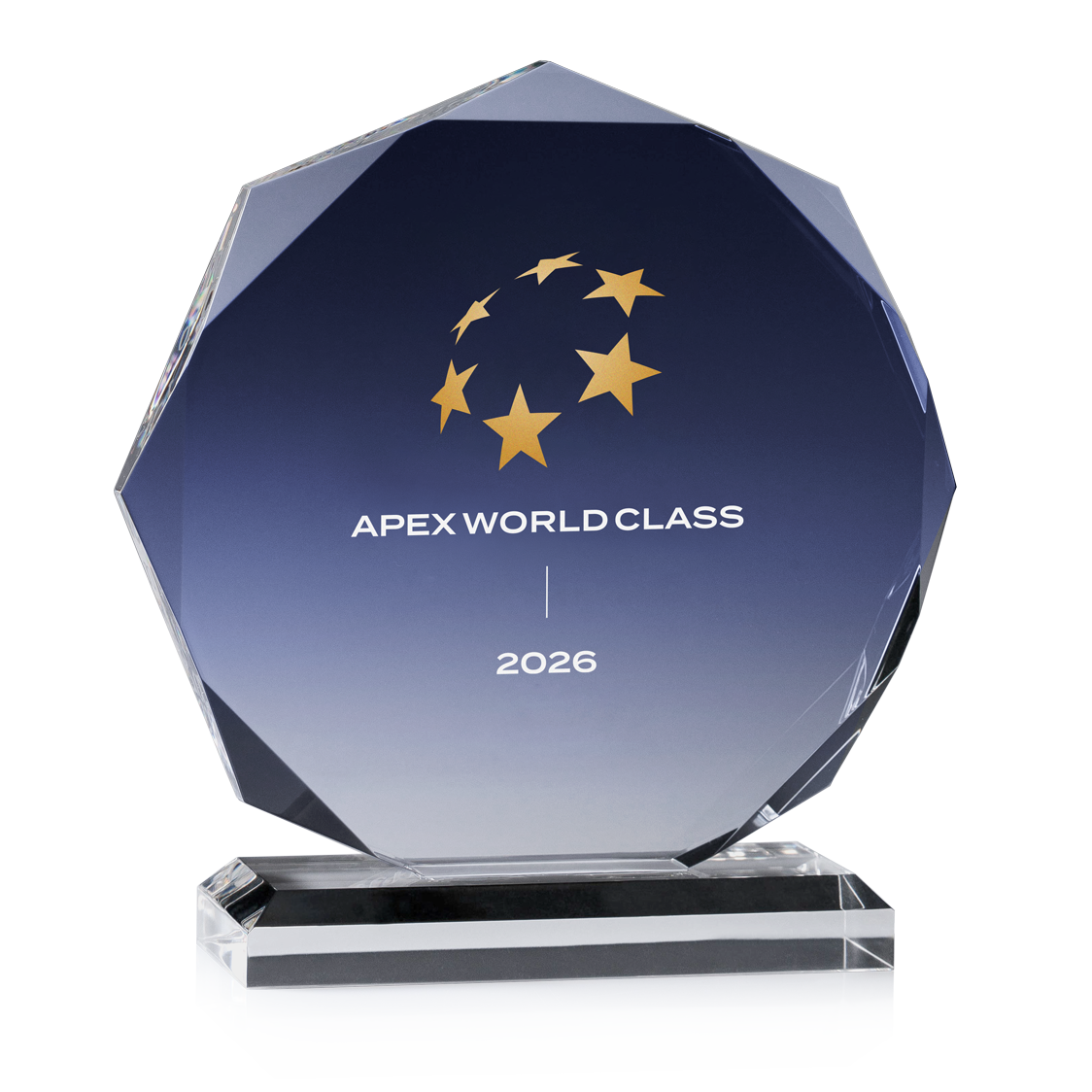
“APEX WORLD CLASS™ is the only award in the world audited by industry professionals — on real flights, in real time — across dimensions that matter most to today’s travellers, with rigorous analysis and peer validation.”
APEX WORLD CLASS™ award was created as a collaboration between APEX, the Airline Passenger Experience Association, and Yates+Partners, an aviation guest experience consultancy, to recognize excellence.
Qualifications for the APEX WORLD CLASS™ award are through a combination of one year’s guest experience ratings, in tandem with extensive audits by industry professionals, rating every aspect of the guest experience over many flights and in every class.
It is the APEX WORLD CLASS™ award’s focus on a wide and relevant array of customer happiness drivers that is raising the bar for aviation.
The recipients of the 2025 APEX WORLD CLASS™ airline award were recognized in September 2025.
Lorem ipsum dolor sit amet, consetetur sadipscing elitr, sed diam nonumy eirmod tempor invidunt ut labore et dolore magna aliquyam erat, sed diam voluptua. At vero eos et accusam et justo duo dolores et ea rebum. Stet clita kasd gubergren, no sea takimata sanctus es.
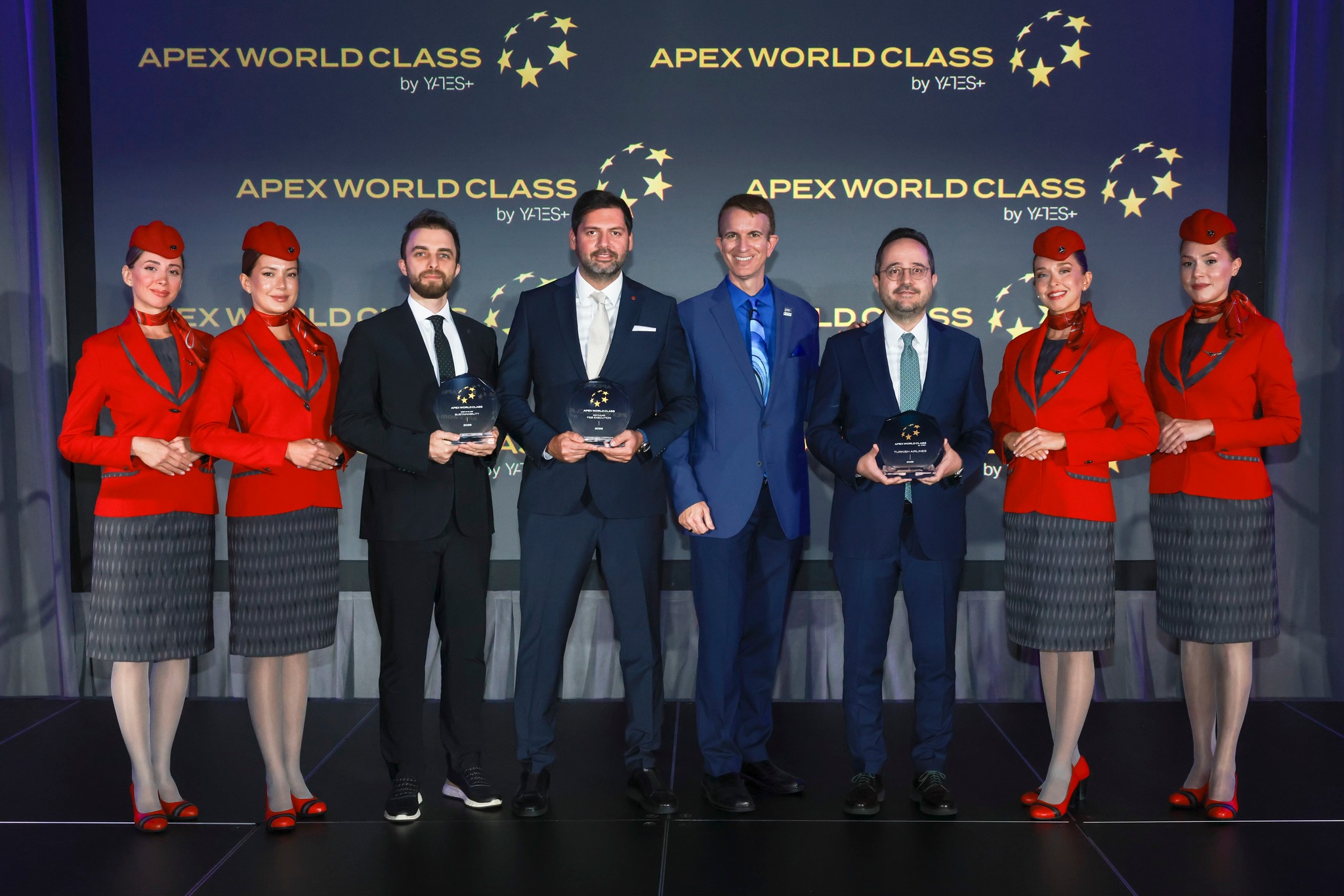
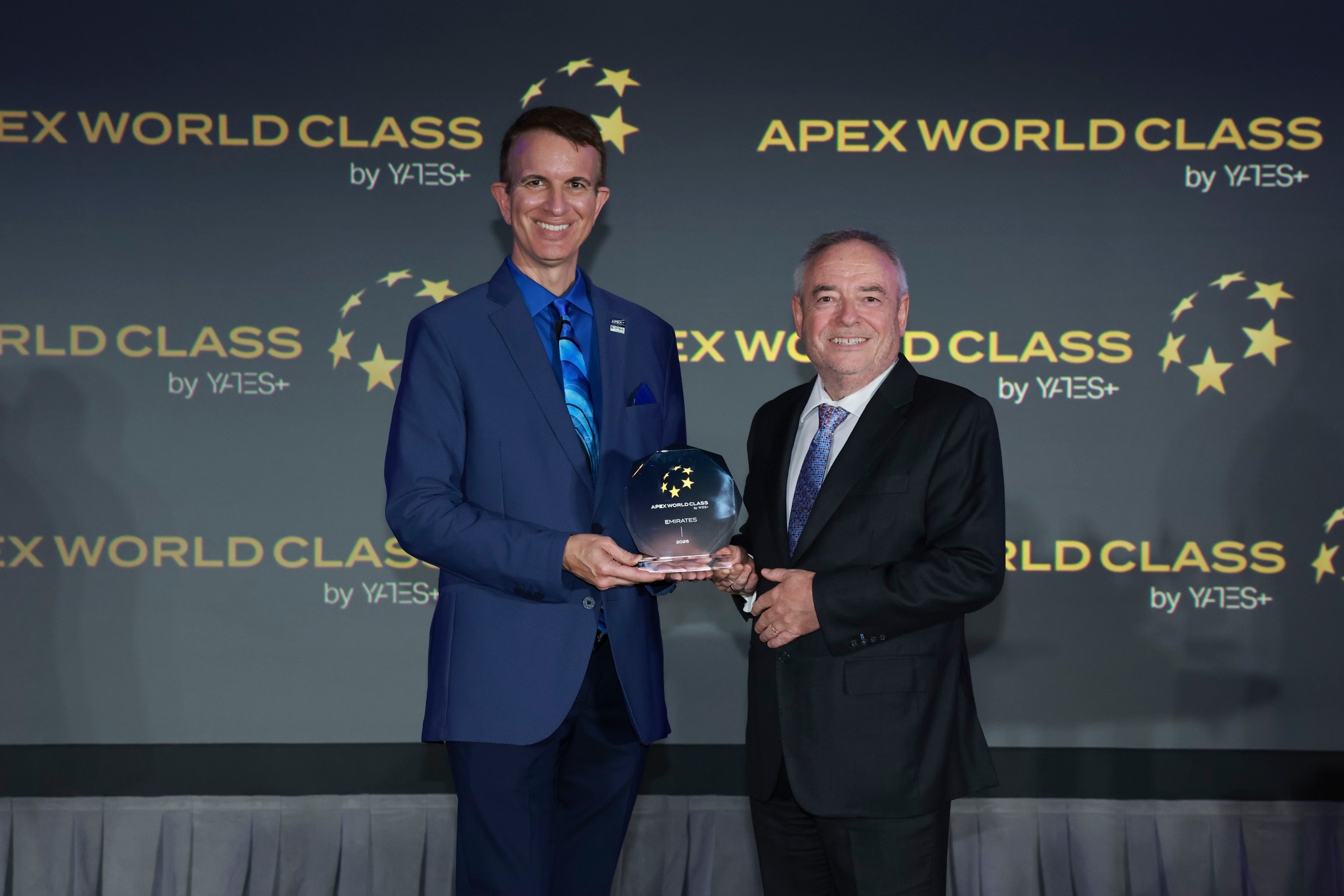



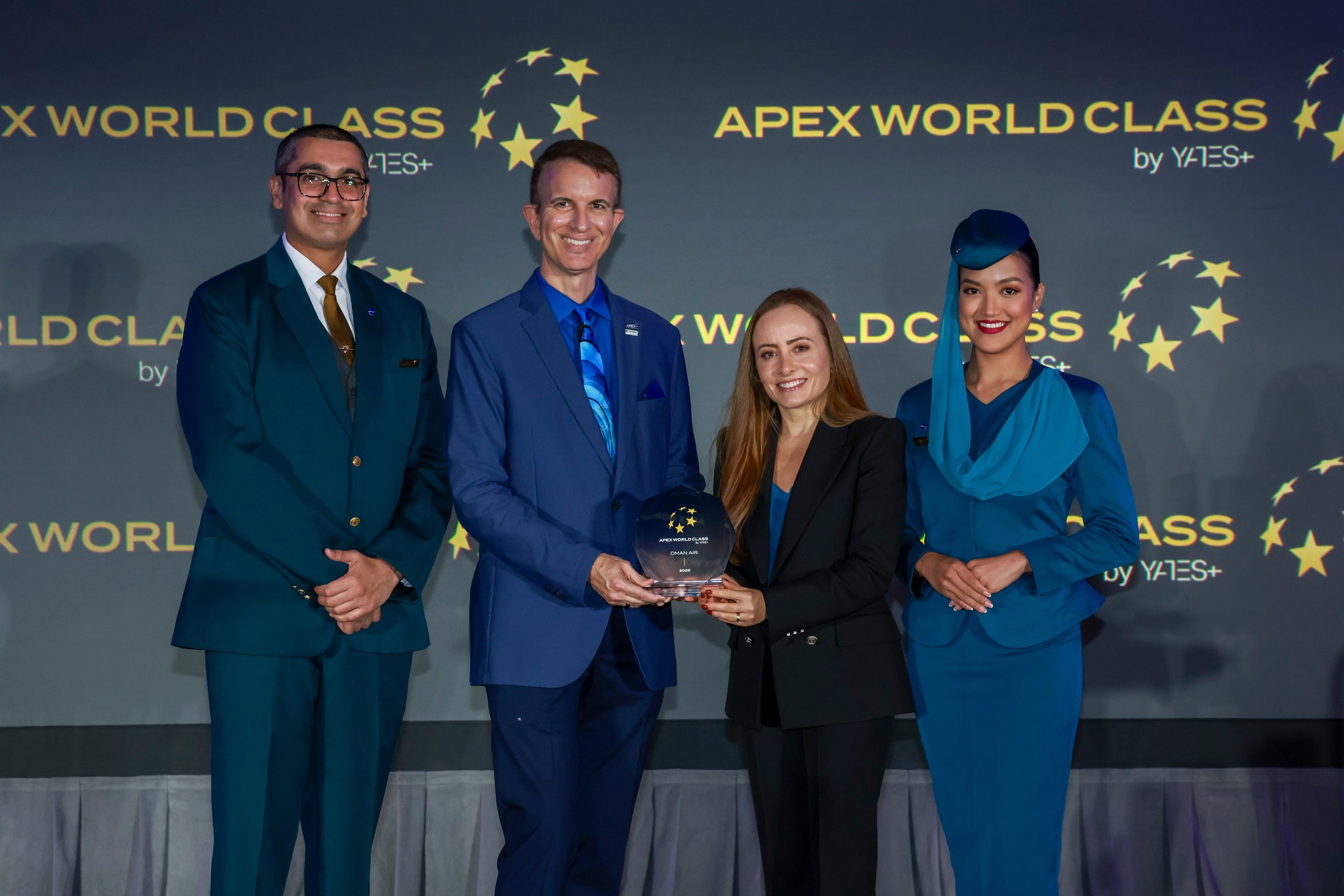

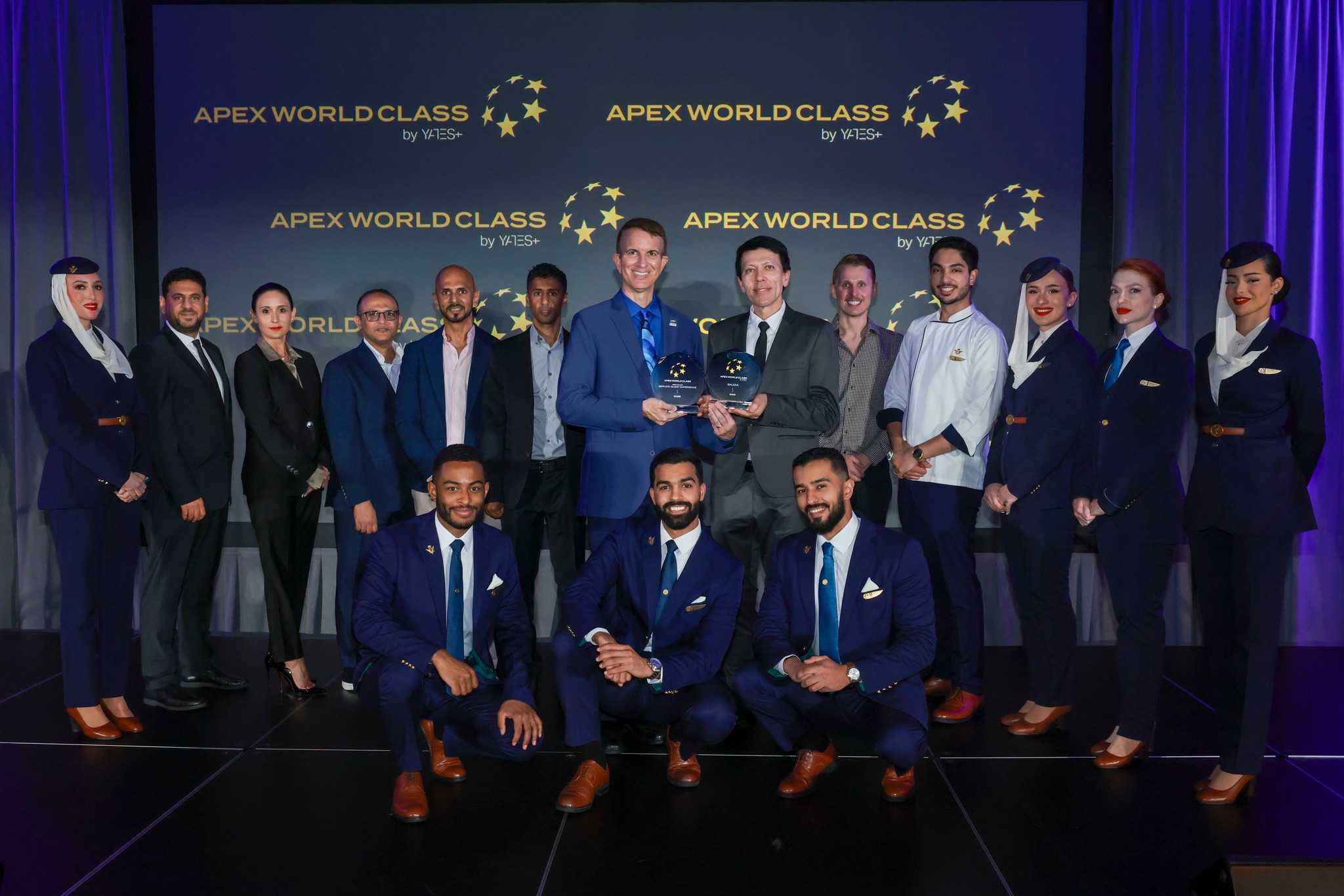
APEX WORLD CLASS™ by YATES+ is considered across extensive, customer-relevant dimensions clustered under three constructs.
Net Promoter Score, or NPS, it a leading metric used by companies to measure customer satisfaction and loyalty. It is calculated by subtracting the percentage of detractors (dissatisfied and highly dissatisfied customers) from the percentage of promoters (highly satisfied customers).
For each flight sector, an NPS score was calculated for both economy class and business class, based on auditor ratings. These NPS scores were benchmarked against the average NPS score for airlines, a year's worth of airline-provided NPS data for each service class and flight sector, and Best-in-Class APEX audits to enable each airline to see where they shine, and more importantly, detailed, actionable diagnoses of the potential causes of non-best-in-class NPS scores.


The Safety & Well-Being construct is composed of three dimensions — Minimizing, Safe Travels, and Reassuring.
For travelers, health, safety & well-being are top of mind.
Airlines that consistently and seamlessly deliver an onboard experience where safety & well-being are clearly prioritized while still being able to connect warmly with each passenger are entering the world class threshold.




_v2.png)
The sustainability construct is composed of seven dimensions — Published Commitments, Digitalization, Weight, Circular Mindset, Active Promotion Good Practices, Materials and Waste.
Addressing environmental impact is a strategic imperative for airlines today. It is no longer sufficient to simply verbalize aspirations, APEX WORLD CLASS™ airlines are publishing their commitments and taking clear and visible actions.



_v2.png)

The Service-Guest Experience construct is composed of eight dimensions — Brand Integrity, Comfort, Engagement, Connectivity, Personalisation (Business Class), Thoughtfulness (Premium Economy Class), Attentiveness (Economy Class), and Intensity of Hospitality.
Airlines that deliver a consistently exemplary guest experience in across all cabin classes — Business, Premium Economy, and Economy — paying attention to critical details to ensure evidence of care and thoughtfulness shine through at every touchpoint, are recognized as APEX WORLD CLASS™.





The F&B Execution construct is composed of two dimensions — Food and Beverage.
Airlines that are able to design and deliver menus that are delicious, healthy, eye appealing and meet the diverse tastes of guests are reaching World Class.




Net Promoter Score, or NPS, it a leading metric used by companies to measure customer satisfaction and loyalty. It is calculated by subtracting the percentage of detractors (dissatisfied and highly dissatified customers) from the percentage of promoters (highly satisfied customers). The average NPS score for airlines in 2021, according to Satmetrix, was 45.
For each flight sector, an NPS score was calculated for both economy class and business class, based on auditor ratings. These NPS scores were benchmarked against the 2021 average NPS score for airlines, a year's worth of airline-provided NPS data for each service class and flight sector, and Best-in-Class APEX audits to enable each airline to see where they shine, and more importantly, detailed, actionable diagnoses of the potential causes of non-best-in-class NPS scores.